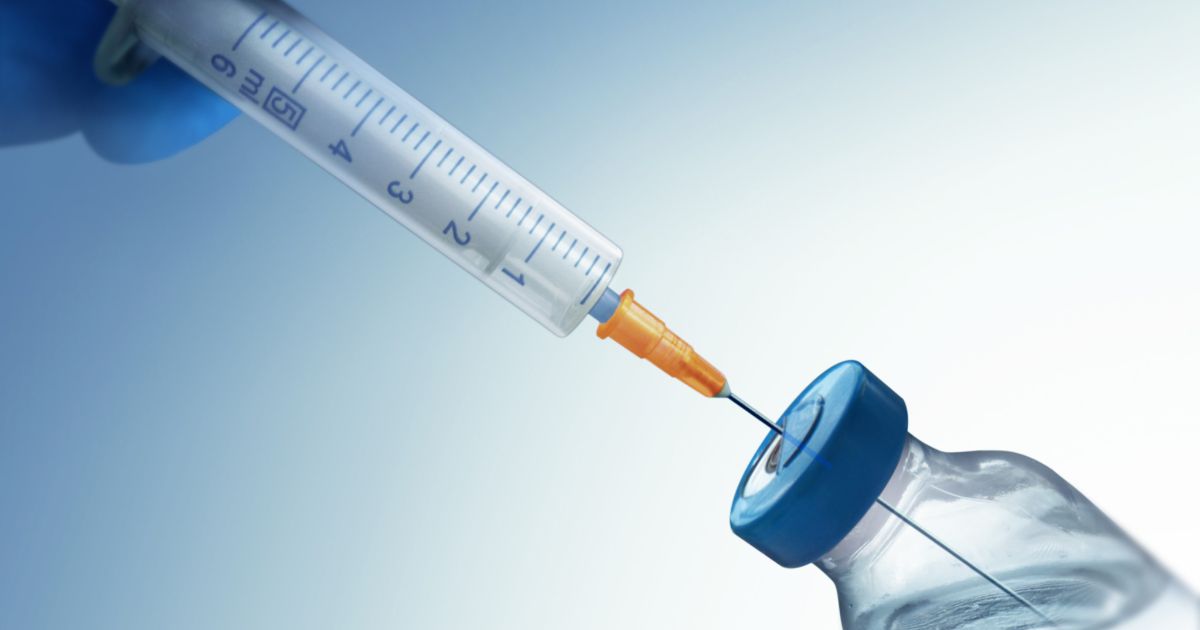Botulism 101: Types, Causes, Symptoms, Complications, Treatment, And Prevention
Antitoxin for Treatment

Using antitoxin for treatment of botulism should only be done under the supervision of a doctor. There are many risks associated with this form of treatment, each of which needs to be discussed and weighed with a knowledgeable medical opinion. Antitoxin treatment can cause patients with certain allergies to go into shock, so patients should be sure to first review any allergies they might have, especially to certain foods, dyes, and preservatives. Safety has also not been concretely established for pediatric and geriatric use. Women who are pregnant or breastfeeding also need to be extremely careful when proceeding with this treatment. Although antitoxins are effective in treating botulism, they have also been shown to produce some common side effects, such as headache, hives, nausea, rash, itching or reddening of the skin, and welts. Chills, fever, and discomfort in the throat are less common, but possible. More severe side effects include disruptions in blood pressure and heart rate, among many others.
Complications Of Botulism

Because the botulinum toxin affects and disrupts muscle control throughout the body, it can cause a variety of complications. The most notorious and immediate danger is the inability to breathe, which can lead to death in botulism cases. Some other complications of botulism include having difficulty swallowing, slurred or disrupted speech, long-lasting weakness, and shortness of breath. Each of these can reach an intensity that requires physical rehabilitation.
With proper and swift treatment, an individual can certainly recover from botulism. One's susceptibility to complications will vary on the individual as well as the severity of the case. Those who experience a mild case can recover in a few weeks, whereas severe cases can take months or even years to recuperate from. When the illness is not properly treated, botulism is life-threatening, but around ninety percent of patients respond positively to treatment.
